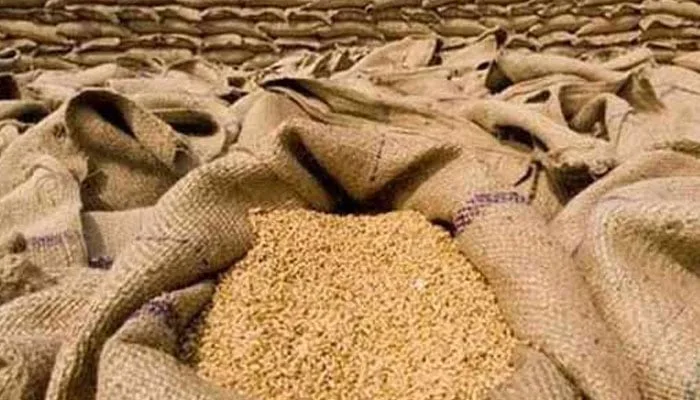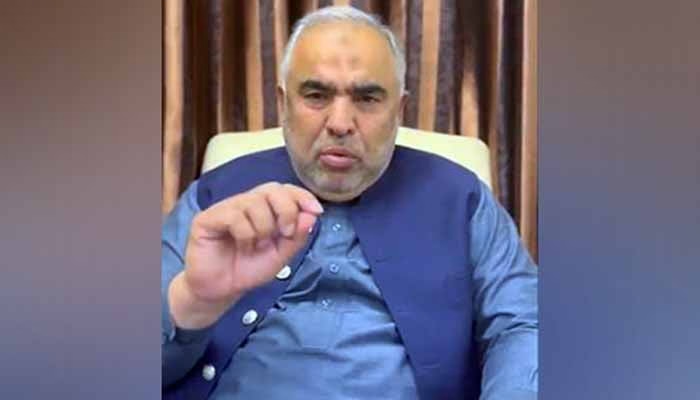In response to growing concerns over wheat procurement from farmers, officials from the Punjab Food Department have clarified their stance, asserting that they have formulated a comprehensive policy for wheat purchase and are in the process of finalizing its implementation.
In a statement issued by the Punjab Food Department, it was disclosed that despite the availability of 2.3 million tons of wheat in the department’s warehouses, no wheat has been purchased from farmers yet. The delay in procurement has been attributed to the need for a clear and transparent procurement policy, which is expected to be announced by a three-member ministerial committee in the coming days.
According to the department’s officials, the procurement policy will offer multiple avenues for farmers to sell their wheat. The first option involves online applications, with 139,000 out of 400,000 applications already approved. Additionally, farmers will have the option to receive assistance money directly through their Kisan cards. However, concerns have been raised about the compatibility of current financial conditions and weather conditions for wheat procurement.
Despite the availability of open permissions for wheat purchase, farmers continue to face challenges, with some resorting to selling their produce on roadsides. This has led to mounting frustration among farmers, culminating in the announcement of protests in front of the Punjab Assembly.
Officials from the Punjab Food Department have emphasized the need for collaboration among various stakeholders, including flour mills, middlemen, and mill owners, in wheat procurement efforts. They have identified the presence of mafias as a key obstacle, particularly in finding smuggling routes. However, they reassured the public that measures are being taken to address these challenges, with a focus on ensuring affordable wheat and flour prices for consumers.
In light of the prevailing circumstances, the comfort and welfare of small farmers have been prioritized by the Punjab Food Department. Officials have expressed their commitment to alleviating the concerns of farmers and ensuring a fair and transparent procurement process. They have urged farmers not to worry and assured them that their interests will be safeguarded throughout the procurement process.
As the Punjab Food Department works towards finalizing the wheat procurement policy, it remains imperative for all stakeholders to collaborate and address the underlying issues facing the agricultural sector. By fostering transparency, accountability, and inclusivity, the government can mitigate the challenges encountered by farmers and promote sustainable agricultural practices for the benefit of all stakeholders involved.



